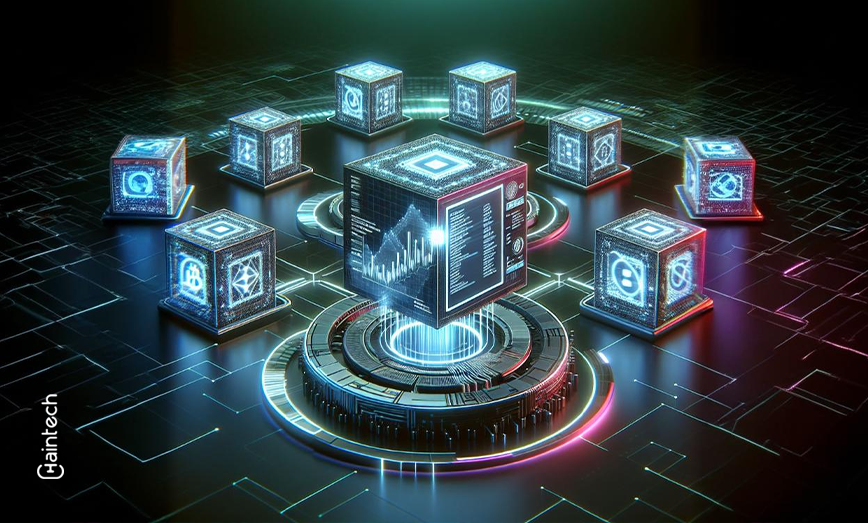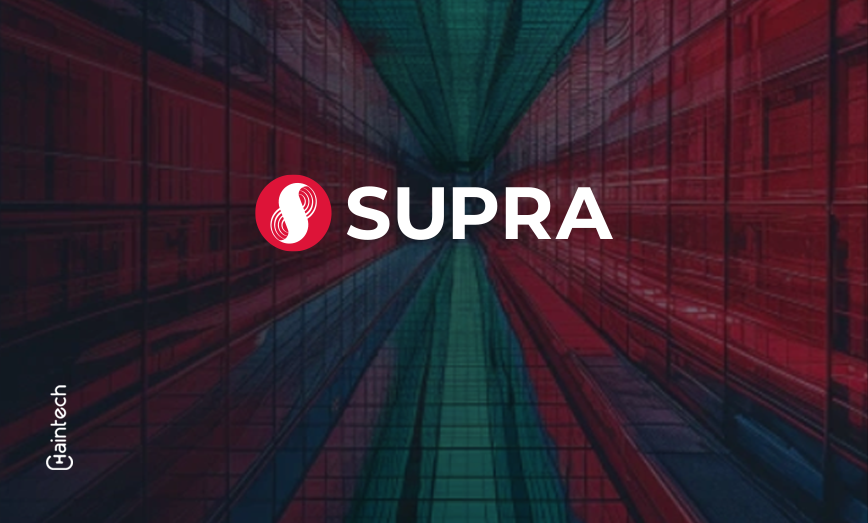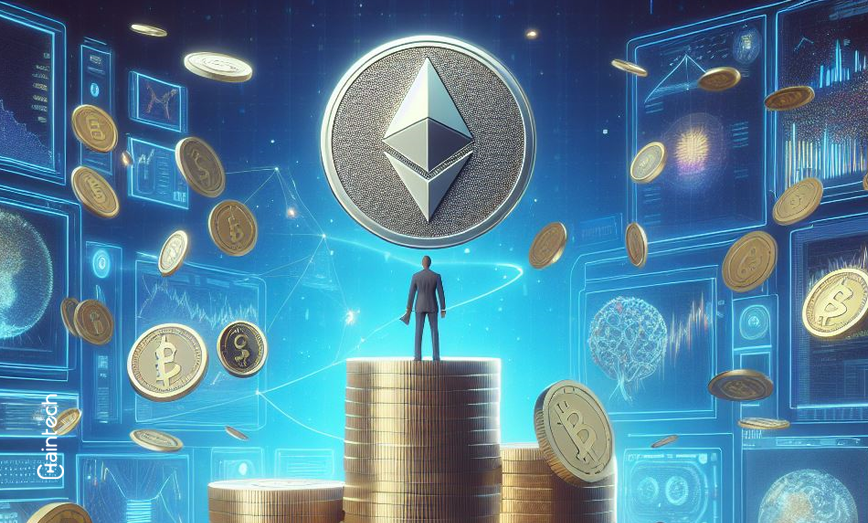The AI and Blockchain Convergence: What Happens When Revolutionary Forces Join Hands?

Artificial Intelligence (AI) and blockchain technology have individually revolutionized various industries. However, when these two cutting-edge technologies collaborate, they have the potential to unleash a new wave of innovation and transform the way we interact, transact, and secure information. AI and blockchain technology have complementary characteristics that make them ideal partners. AI systems excel at processing and analyzing vast amounts of data, extracting valuable insights, and making intelligent decisions. On the other hand, blockchain provides a decentralized and immutable ledger, ensuring transparency, security, and trust in data transactions.
Artificial Intelligence has undoubtedly transformed numerous industries, showcasing its exceptional ability to process vast amounts of data and make informed decisions. However, as AI becomes increasingly sophisticated, one significant challenge arises- explainability. The lack of transparency in AI decision-making processes, particularly in complex machine learning models like deep neural networks, raises concerns regarding trust and ethics. However, blockchain technology has the potential to address this challenge and significantly improve AI systems.
Blockchain’s fundamental characteristics, such as decentralization and immutability, offer a unique solution to the lack of transparency in AI. By leveraging blockchain technology, AI systems can record and store their decision-making processes in a distributed and transparent ledger. This enables stakeholders to trace and verify the steps taken by AI algorithms, promoting transparency and ensuring that decisions are made based on accurate and auditable information.
Let’s delve into the intricate details of how the convergence of AI and blockchain could lead to profound and far-reaching changes.
Trustworthy & Auditable Data
Accountability and trust are crucial factors in the widespread adoption of AI. However, the lack of explainability in AI algorithms poses a significant challenge, hindering people’s confidence in the accuracy and reliability of AI outputs. To address this concern, it is essential to understand how AI algorithms work and the data they rely on. In this context, blockchain technology, with its immutable digital record, can play a pivotal role in enhancing explainable AI. By providing transparency into AI’s framework and data sources, blockchain helps to improve trust in the integrity of AI’s decision-making processes and the recommendations it generates.
Security & Privacy
Cybersecurity threats are proliferating at an alarming rate. The traditional methods of securing systems and networks need help to keep pace with the constantly evolving attack vectors employed by malicious hackers and cybercriminals. However, with the integration of AI with blockchain, this menace can also be tackled. Blockchain’s decentralized and immutable nature provides a robust framework to protect sensitive data. By leveraging blockchain’s distributed ledger, AI systems can securely store, manage, and share data, reducing the risk of unauthorized access, tampering, or data breaches. This combination establishes a strong foundation for privacy-preserving AI applications, such as healthcare records, financial transactions, and personal information management.
Decentralized System
Blockchain’s decentralized nature can promote fairness and unbiased decision-making in AI systems. By distributing decision-making processes across a network of nodes, blockchain avoids single points of control and reduces the risk of centralized biases. This decentralized approach allows for more inclusive and diverse participation, preventing the dominance of certain entities or algorithms. Additionally, blockchain-based consensus mechanisms enable stakeholders to collectively contribute to the decision-making process, ensuring a fair representation of interests and promoting consensus-driven AI governance.
Augmentation
Blockchain’s decentralized and scalable nature is particularly advantageous when it comes to providing access to larger datasets. AI thrives on diverse and extensive data to improve its accuracy and performance. Organizations can securely access and share larger datasets within or outside their network by leveraging blockchain capabilities. This scalability allows AI to scale its learning and analysis capabilities, leading to more accurate predictions, recommendations, and insights.
Distributed Computing Power
Blockchain networks are decentralized, meaning that the computational power required for AI training can be distributed across multiple nodes in the network. This allows for the utilization of idle computing resources from various participants, reducing the burden on a single entity or organization. By leveraging the collective computing power of the network, blockchain facilitates distributed and parallel processing, accelerating AI training and reducing the need for extensive individual computational infrastructure.
Automation
By combining AI and blockchain, businesses can automate and optimize various aspects of their operations, improving efficiency, accuracy, and transparency. The integration enables smart contract automation, data analysis, process optimization, supply chain management, fraud detection, and enhanced customer service. This convergence paves the way for increased productivity, reduced costs, and improved decision-making capabilities, ultimately transforming how businesses operate in the digital era.
Parting Words
The integration of AI and blockchain goes beyond surface-level benefits, paving the way for transformative advancements. From efficient and trustworthy data exchange to immutable and verifiable AI models, decentralized governance, and enhanced protection against cyber threats, this convergence holds the promise of powerful transformations. By embracing this collaboration, we can shape a future where AI systems are more transparent, accountable, and ethically aligned while fostering innovation, trust, and fairness. As AI and blockchain technologies continue to evolve together, the possibilities for profound change and positive impact are limitless.









